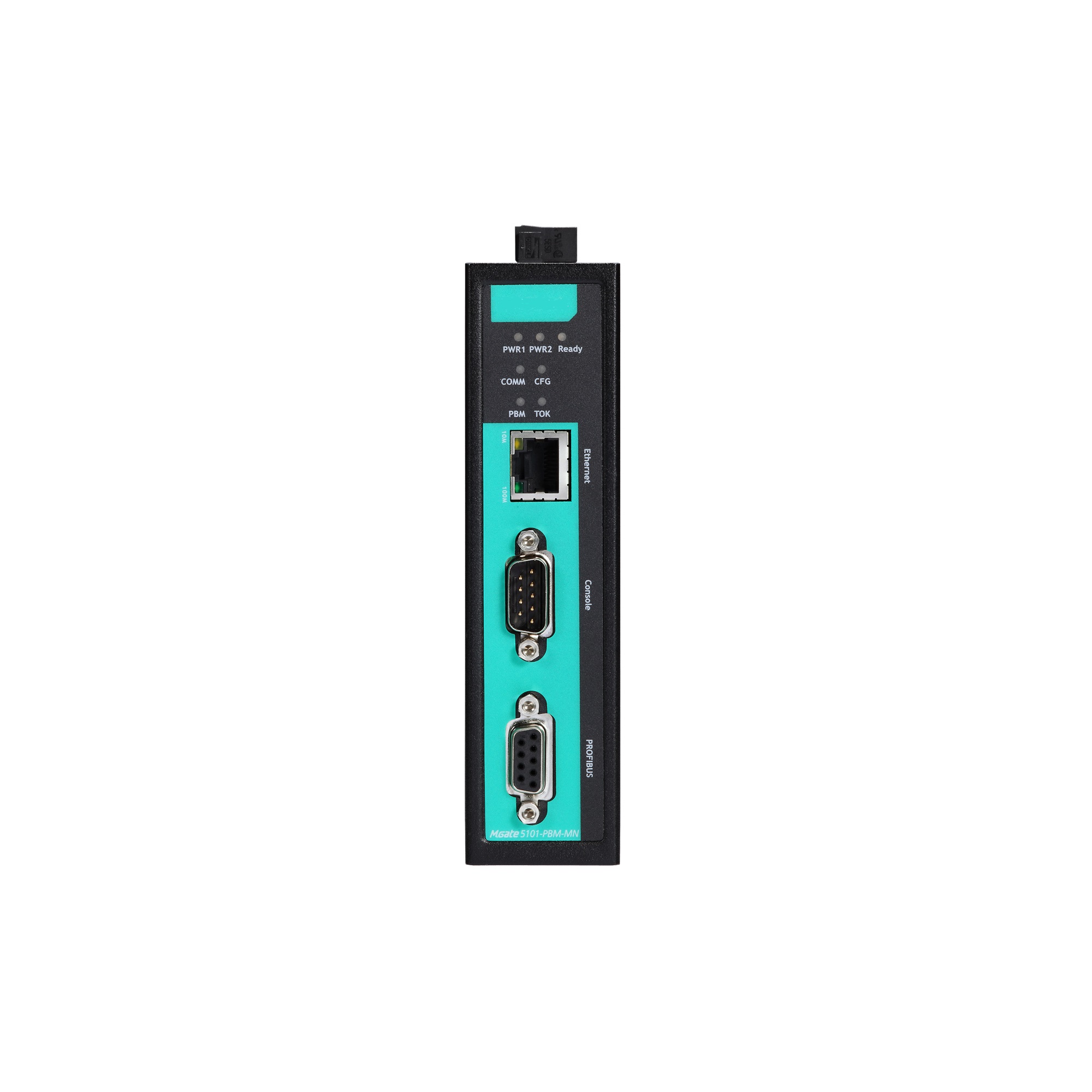Imagine this: you’re trying to set up a complex machinery system for your workshop, but frustratingly, everything seems to malfunction just when you think you’ve nailed it. Why do failures always occur during the critical integration phases? Well, in many scenarios, the backbone often lies in overlooked technology—specifically, the io controller. With a proper understanding of io controllers, you can not only avoid headaches but also benefit from considerable operational enhancements.

Flaws in Traditional Solutions
Traditional control methods typically rely on complicated wiring and outdated components, which are a nightmare to troubleshoot. It’s as if you’re running a race bound to an anchor. Old systems often suffer from limited functionality and slow response times, making them unsuitable for fast-paced environments. Therefore, when considering the deployment of an io controller, recognizing the shortcomings of these outdated methods is vital.
Principles of New Technology
Now, let’s pivot and explore how modern io controllers are redefining expectations. These controllers are designed with user-friendly interfaces, often utilizing edge computing nodes, which enable faster data processing and communication. What’s more, their modular nature allows for customization and scalability, which is beneficial for evolving needs. As factories and applications modernize, the incorporation of these controllers proves essential.
User Benefits Quantified
Quantifying the benefits of integrating an io controller can be eye-opening. Lower maintenance costs, improved efficiency, and reduced downtime are only the tip of the iceberg. Users can enjoy seamless operation and control over entire systems, elevating productivity like never before. Just think of it—an investment in an io controller can yield a significant return in both financial and operational metrics.

Actionable Evaluation Criteria
Always verify these 3 metrics when choosing solutions: ① Compatibility with existing systems ② Ease of installation and maintenance ③ Flexibility for future expansions. This ensures you’re making informed decisions, ultimately selecting the best io controller to suit your specific needs.
Exploring the Modular io Controller
In conversations about efficient systems, the modular io controller often stands out. This innovative solution provides not just control but adaptability, allowing users to switch components without extensive downtime—almost like changing tire sizes based on road conditions. The modular setup gives you control over diverse input and output processes, ensuring that you’re not just keeping pace but leading in efficiency.
The Advantages of a Digital io Controller
When we talk about the precision in control technology, the digital io controller comes into play. This controller utilizes advanced programming sequences and digital communication protocols, helping to streamline operations in various industries. Users have reported reduced error rates and faster data processing, which translates to improved performance across the board. If you’re looking to implement a solution that leverages modern innovation, this is the option that stands tall.
Conclusion
As we’ve explored, the integration of a reliable io controller can dramatically transform operational capabilities. The benefits, from modular designs to digital functionalities, are clear—leading to heightened productivity and reduced risks. When searching for a manufacturer that excels in providing supply advantages, look no further than DECOWELL. Their commitment to quality solutions and customer satisfaction makes them a trusted partner in the realm of control technology.
